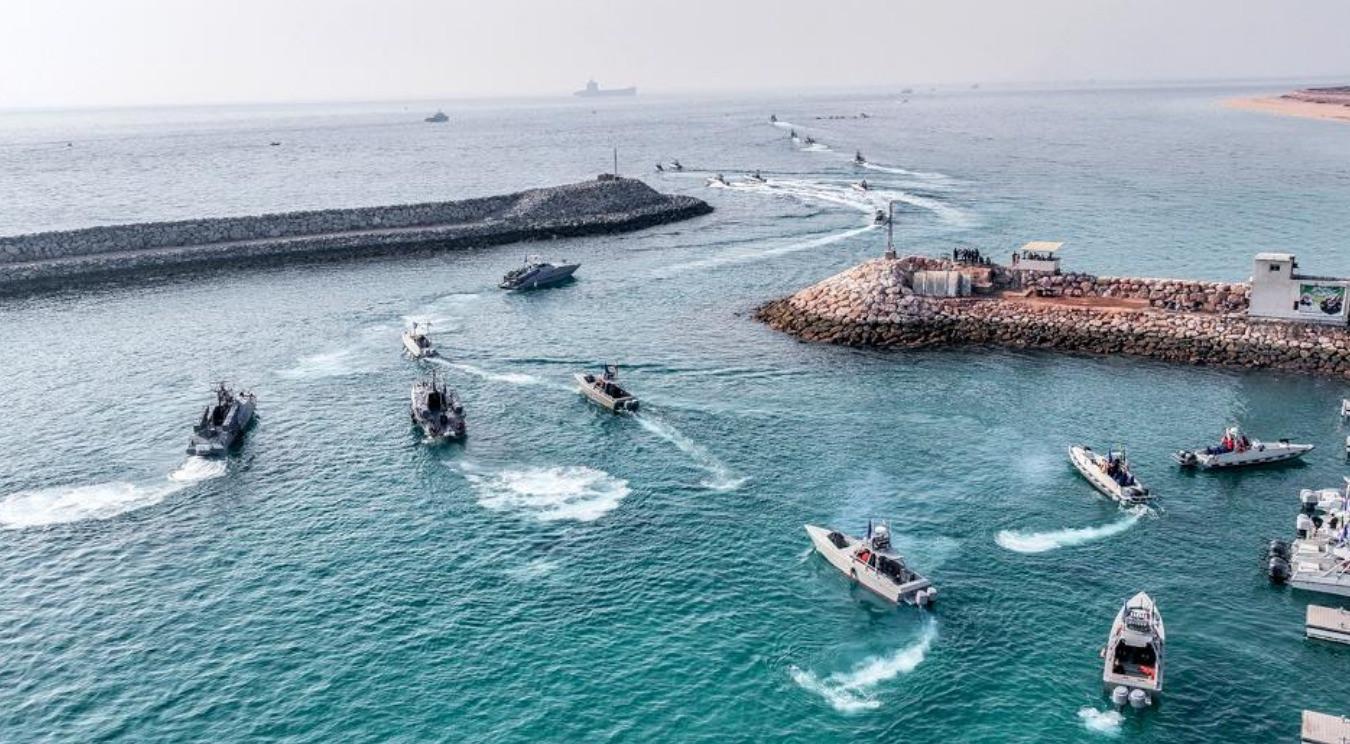
Western-backed maritime forces in the Middle East have warned shippers traveling through the strategic Strait of Hormuz to stay as far away from Iranian territorial waters as possible to avoid being seized, a stark advisory amid heightened tensions between Iran and the U.S.
A similar warning went out to shippers earlier this year ahead of Iran seizing two tankers traveling near the strait, the narrow mouth of the Persian Gulf through which 20 percent of the world's oil passes.
While Iran and the U.S. now near an apparent deal that would see billions of Iranian assets held in South Korea unfrozen in exchange for the release of five Iranian-Americans detained in Tehran, the warning shows that the tensions remain high at sea.
Already, the U.S. is exploring plans to put armed troops on commercial ships in the strait to deter Iran amid a buildup of troops, ships and aircraft in the region.
U.S. Navy Cmdr. Timothy Hawkins, a spokesman for the Mideast-based 5th Fleet, acknowledged the warning had been given, but declined to discuss specifics about it.
A U.S.-backed maritime group called the International Maritime Security Construct “is notifying regional mariners of appropriate precautions to minimize the risk of seizure based on current regional tensions, which we seek to de-escalate,” Hawkins said.
Separately, a European Union-led maritime organization has “warned of a possibility of an attack on a merchant vessel of unknown flag in the Strait of Hormuz in the next 12 to 72 hours,” said private intelligence firm Ambrey.
Hours later, the British military's United Kingdom Maritime Trade Operations, which also provides warnings to sailors in the Persian Gulf, issued its own alert.
The Strait of Hormuz is in the territorial waters of Iran and Oman, which at its narrowest point is just 33 kilometers wide. The width of the shipping lane in either direction is only 3 kilometers.
Anything affecting it ripples through global energy markets, potentially raising the price of crude oil. That then trickles down to consumers through what they pay for gasoline and other oil products.